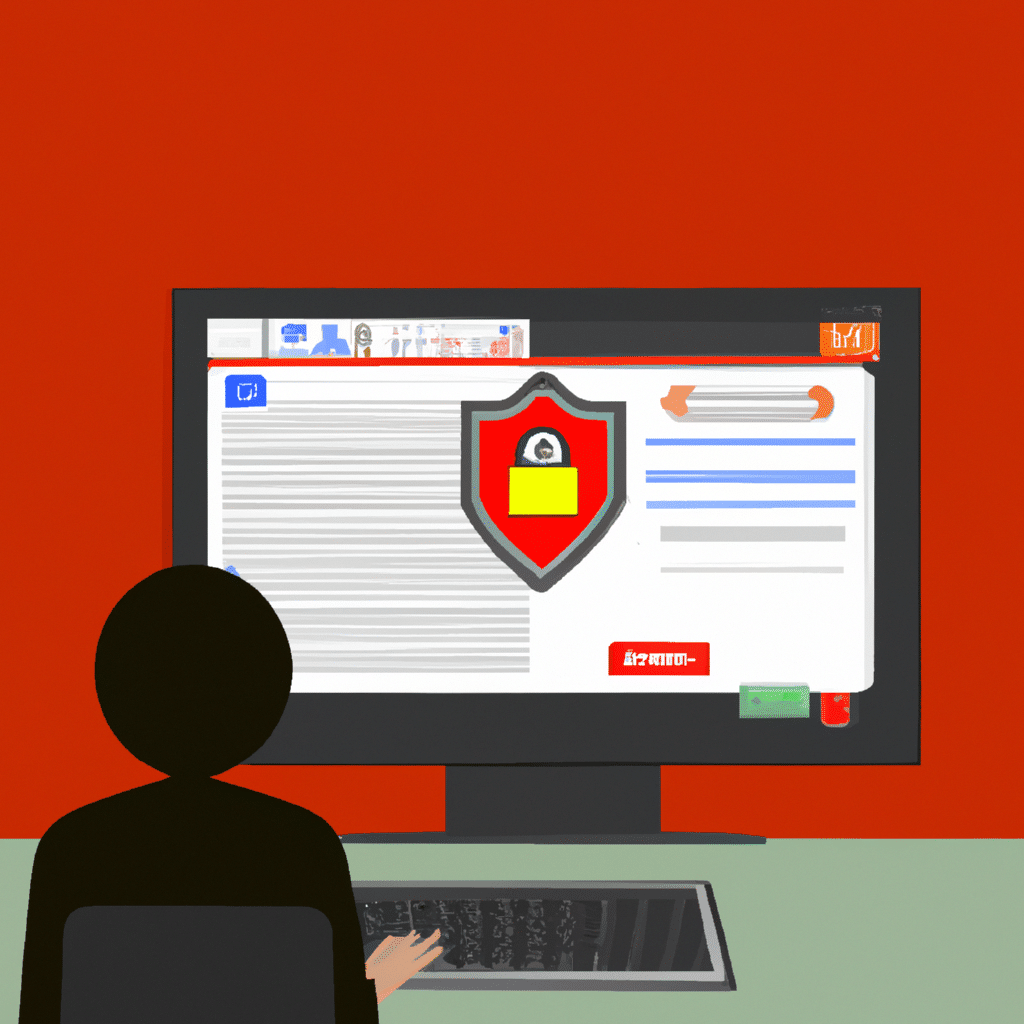How to Protect Your Computer from Malware and Viruses While Browsing the Internet

As the internet evolves, so do the threats that come with it. Malware and viruses can infect your computer in a multitude of ways, leaving you vulnerable to identity theft and other cybercrimes. In this article, we will explore the best ways to protect your computer from malware and viruses while browsing the internet.
- Keep Your Operating System and Software Up to Date
One of the easiest ways to protect your computer from malware and viruses is to keep your operating system and software up to date. Software and operating system updates often include security patches that address vulnerabilities that hackers can exploit. Make sure to enable automatic updates so that your computer stays protected at all times.
- Use Antivirus Software
Antivirus software is designed to detect and remove malware and viruses from your computer. There are many antivirus software options available, some of which are free and some of which require a subscription. When choosing an antivirus software, make sure to research its effectiveness and ease of use.
- Be Careful What You Click On
Phishing scams are a common way that malware and viruses are spread. Be cautious when clicking on links, especially in emails from unknown senders. If something seems suspicious, do not click on it. Instead, hover over the link to see the URL and make sure it is legitimate before clicking on it.
- Use a Firewall
A firewall is a security system that monitors and controls incoming and outgoing network traffic. A firewall can help prevent malware and viruses from accessing your computer by blocking unauthorized access attempts. Make sure to enable your computer’s firewall or install a third-party firewall for added protection.
- Avoid Using Public Wi-Fi Networks
Public Wi-Fi networks are often unsecured, leaving your computer vulnerable to hackers who can intercept your internet traffic and steal your personal information. Avoid using public Wi-Fi networks when possible, and if you must use them, use a virtual private network (VPN) to encrypt your internet traffic and protect your privacy.
- Use Strong Passwords
Strong passwords are an essential part of protecting your computer from malware and viruses. Avoid using easily guessable passwords such as “password” or “123456.” Instead, use a combination of letters, numbers, and symbols to create a strong password that is difficult to crack.
- Be Cautious When Downloading Files
Downloading files from the internet can be dangerous if you are not careful. Malware and viruses can be hidden in seemingly harmless files such as PDFs, images, and videos. Always scan files for viruses before downloading them, and only download files from trusted sources.
Conclusion
Protecting your computer from malware and viruses while browsing the internet is essential to keeping your personal information safe. By keeping your operating system and software up to date, using antivirus software, being careful what you click on, using a firewall, avoiding public Wi-Fi networks, using strong passwords, and being cautious when downloading files, you can significantly reduce your risk of falling victim to cyber attacks. Stay safe, and happy browsing!












